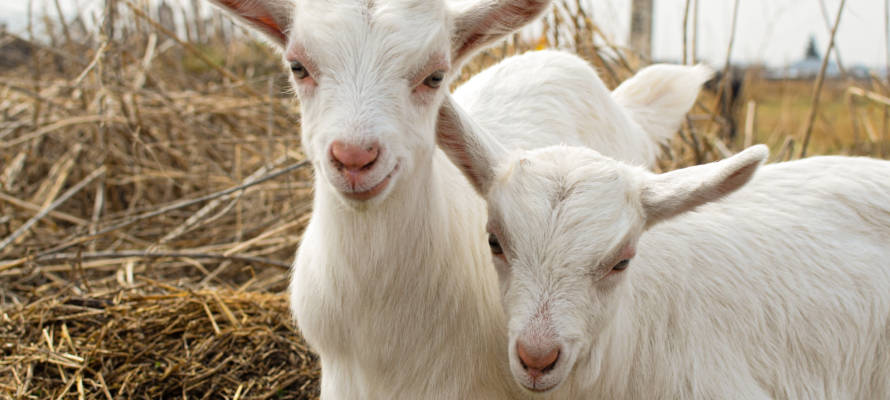A 3D-printed plaster cast played a pivotal role in treating an animal’s fractured leg.
By Sveta Listratov, TPS
In a groundbreaking medical intervention in Israel, a 3D-printed plaster cast played a pivotal role in treating an animal’s fractured leg, speeding the successful return of a young mountain goat to its natural habitat. This procedure marks a significant advancement in wildlife conservation and underscores the potential of cutting-edge technology in preserving endangered species.
Dr. Tomer Nisimian, Chief Veterinarian at the Nature and Parks Authority, noted the complexity of caring for baby mountain goats and the challenges faced during treatment. “Taking care of baby goats is more complicated than expected. First of all, goats are easily stamped – in case a human hand has touched a baby goat, it is possible that the mother will no longer approach it. Therefore, one must be careful to come in minimal contact with them. Beyond that, it was important to make sure that the bone is not contaminated and to set it so that it does not stick out after it is united and finally to close the wound and wait for recovery.”
In July 2023, the Ein Gedi Nature Reserve encountered a young mountain goat limping with a suspected broken leg. Wildlife experts and veterinarians decided to delay capture, allowing the goat to continue breastfeeding and gain independence. Eventually, a joint operation led by Dr. Nisimian and reserve personnel captured the injured goat for treatment at the Safari Wildlife Hospital.
The medical team discovered an open fracture in the goat’s front right leg, requiring innovative solutions. Collaborating with Synergy3dmed, a 3D surgery specialist company, they designed a removable 3D-printed harness that could secure the leg while remaining removable for necessary adjustments and caring for the wound. This innovative solution proved effective, closing the wound, stabilizing the leg, and allowing for minimal lameness during healing.
Following recovery, the mountain goat, named Bioné- a combination of Bionet and Beyoncé, was reintroduced to its herd, marking a success in wildlife conservation efforts. This pioneering procedure offers hope for the survival of Israel’s last remaining wild mammals and showcases the intersection of technology and compassion in safeguarding nature’s wonders.
